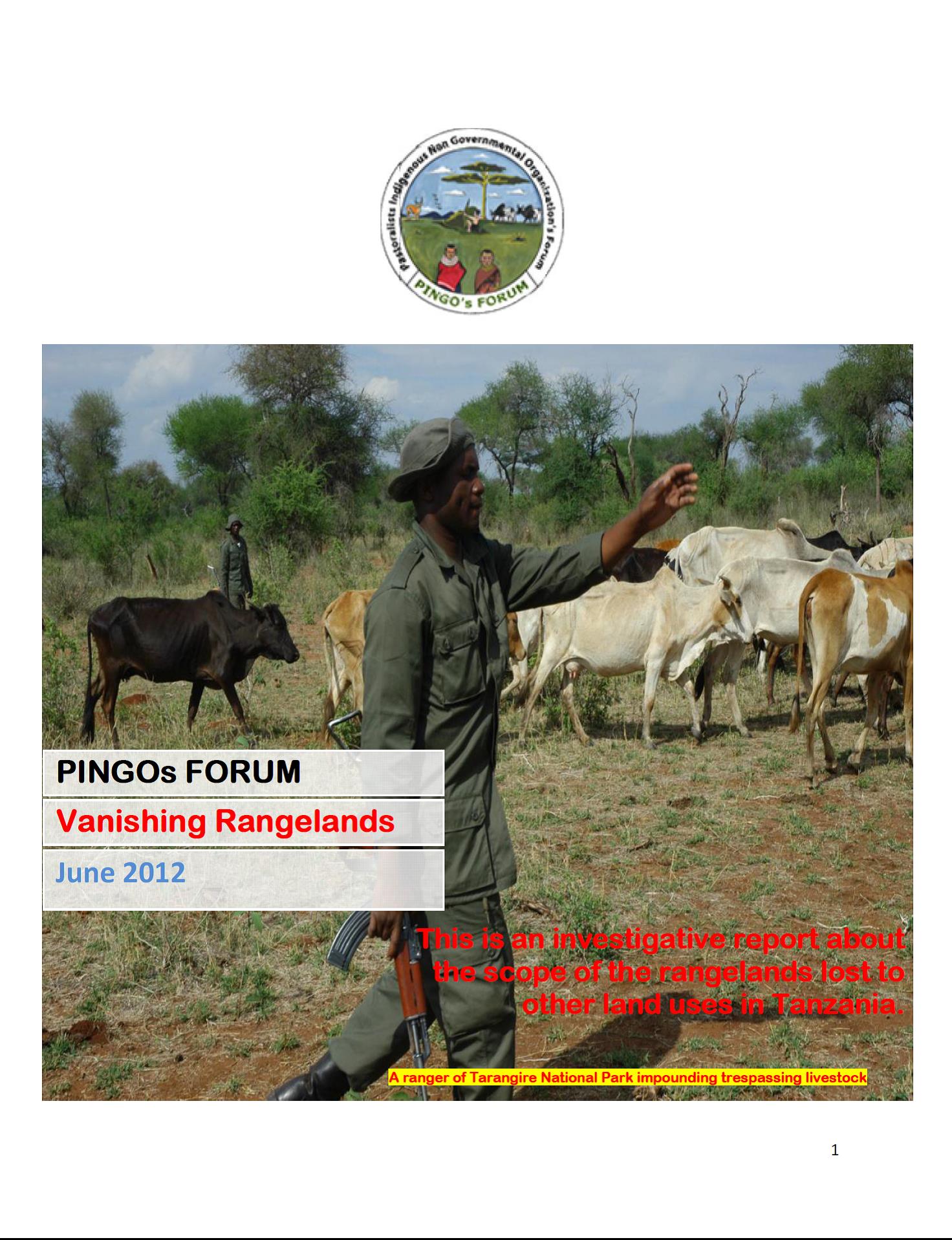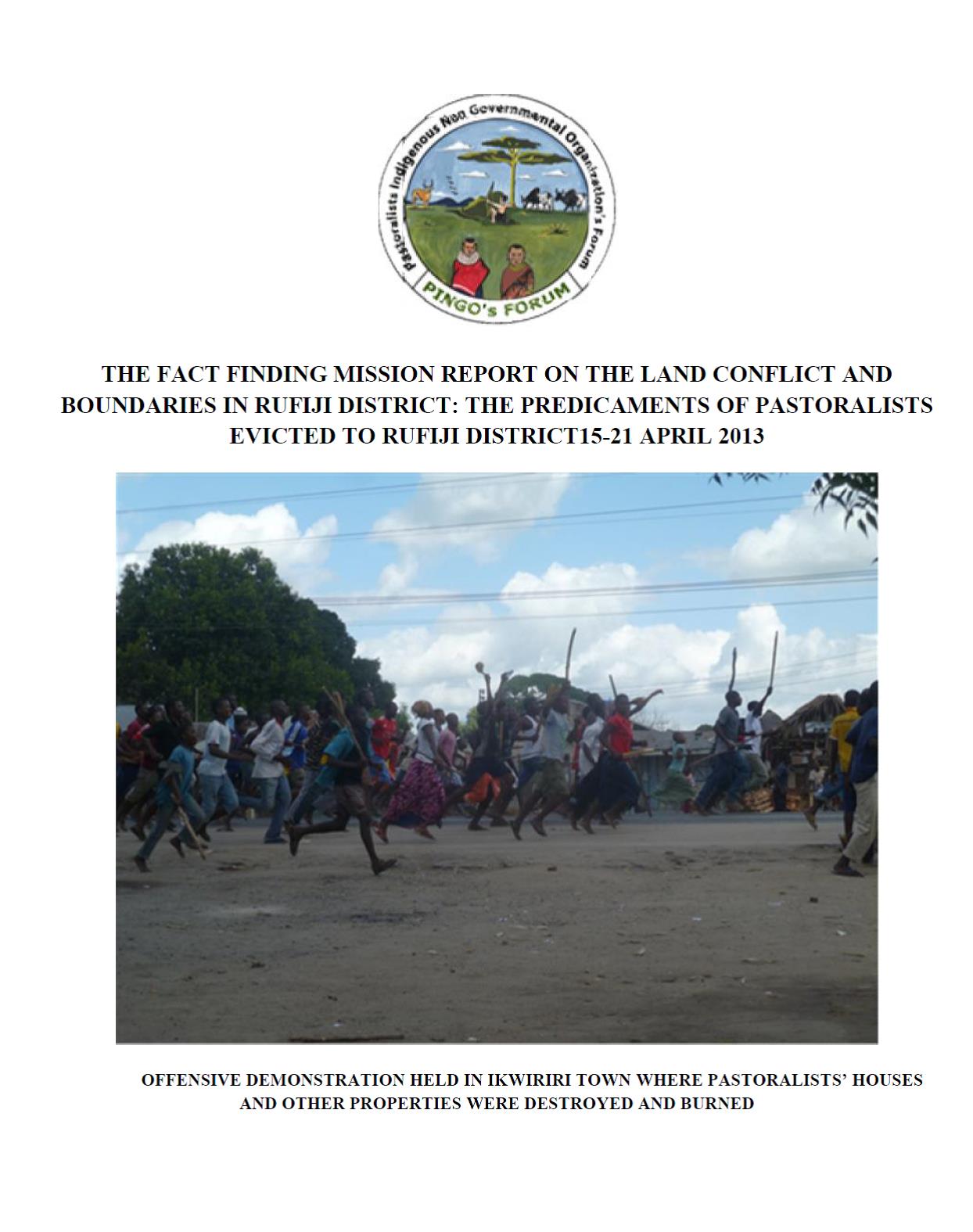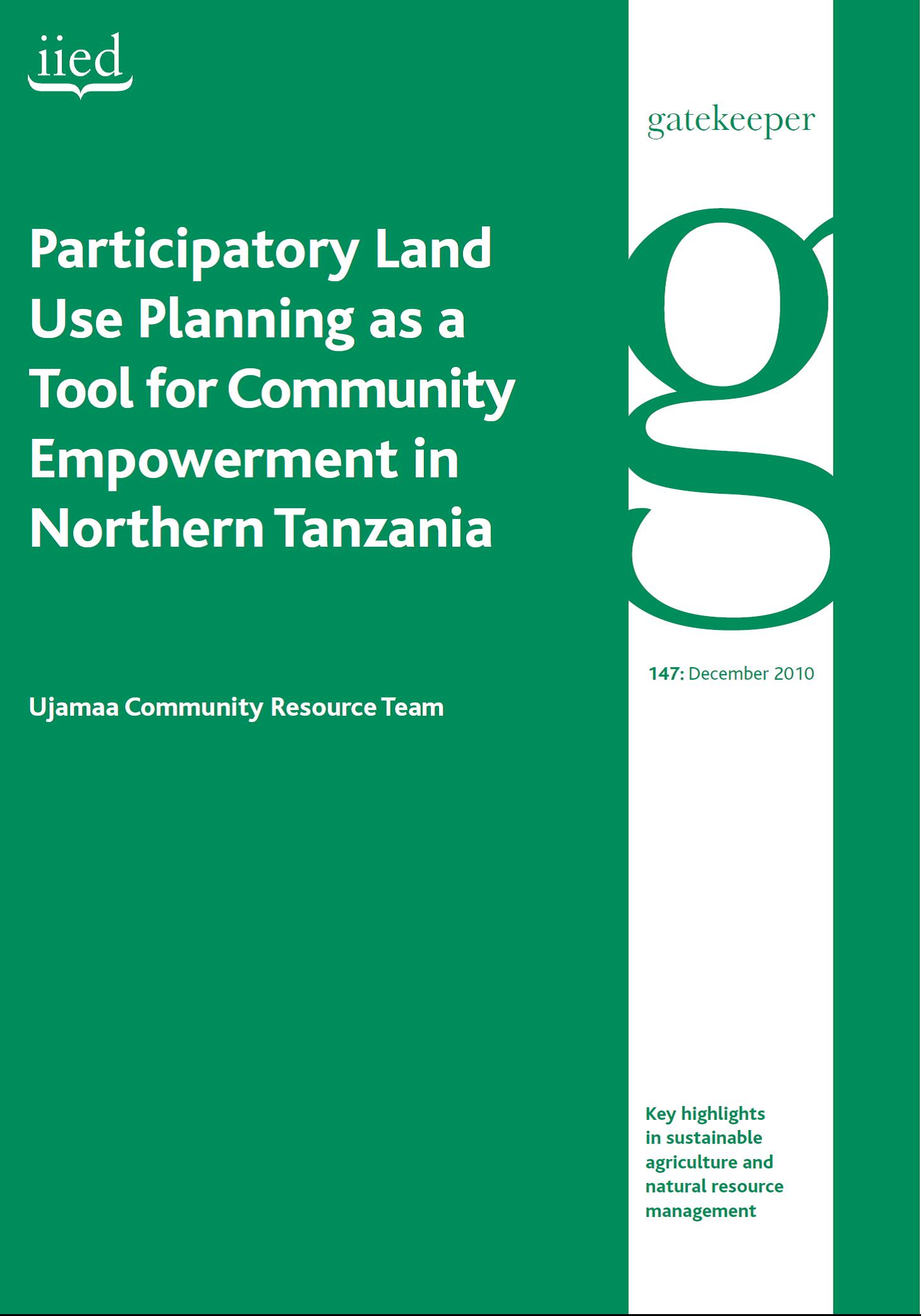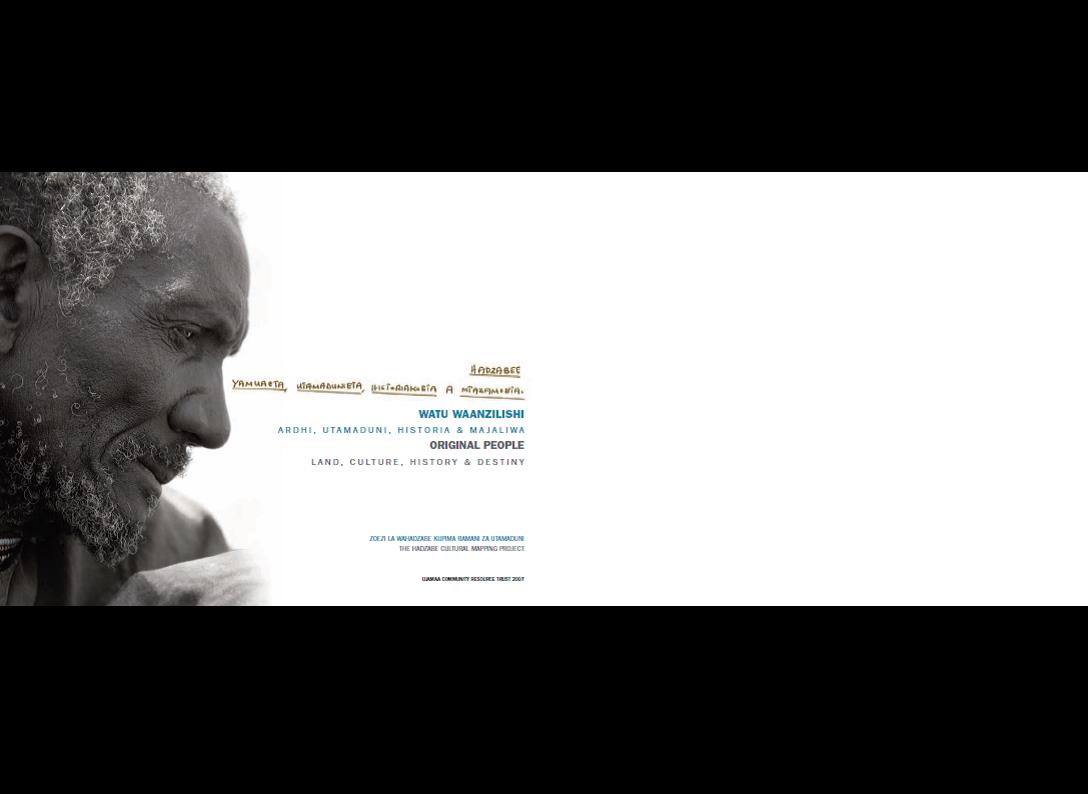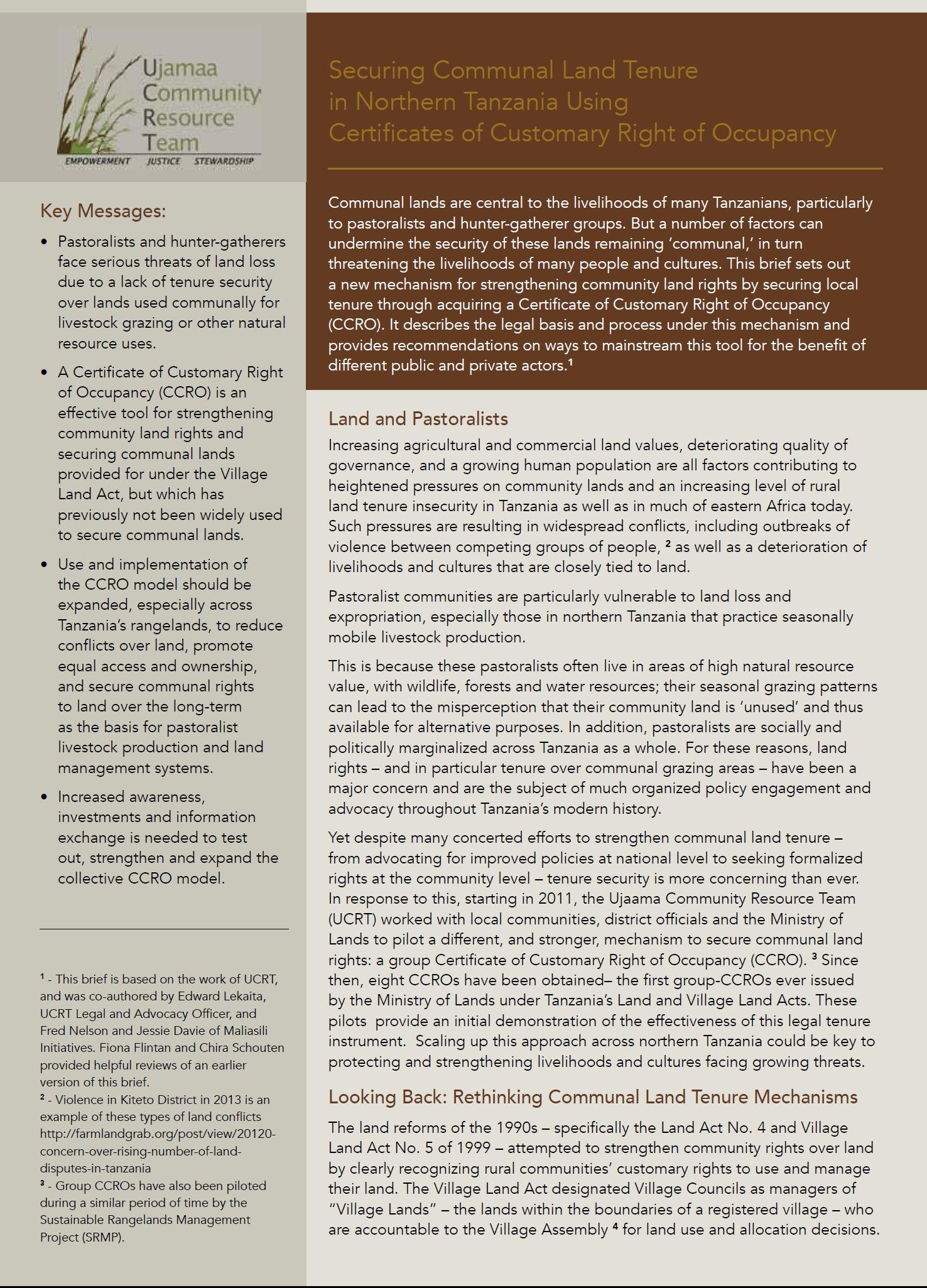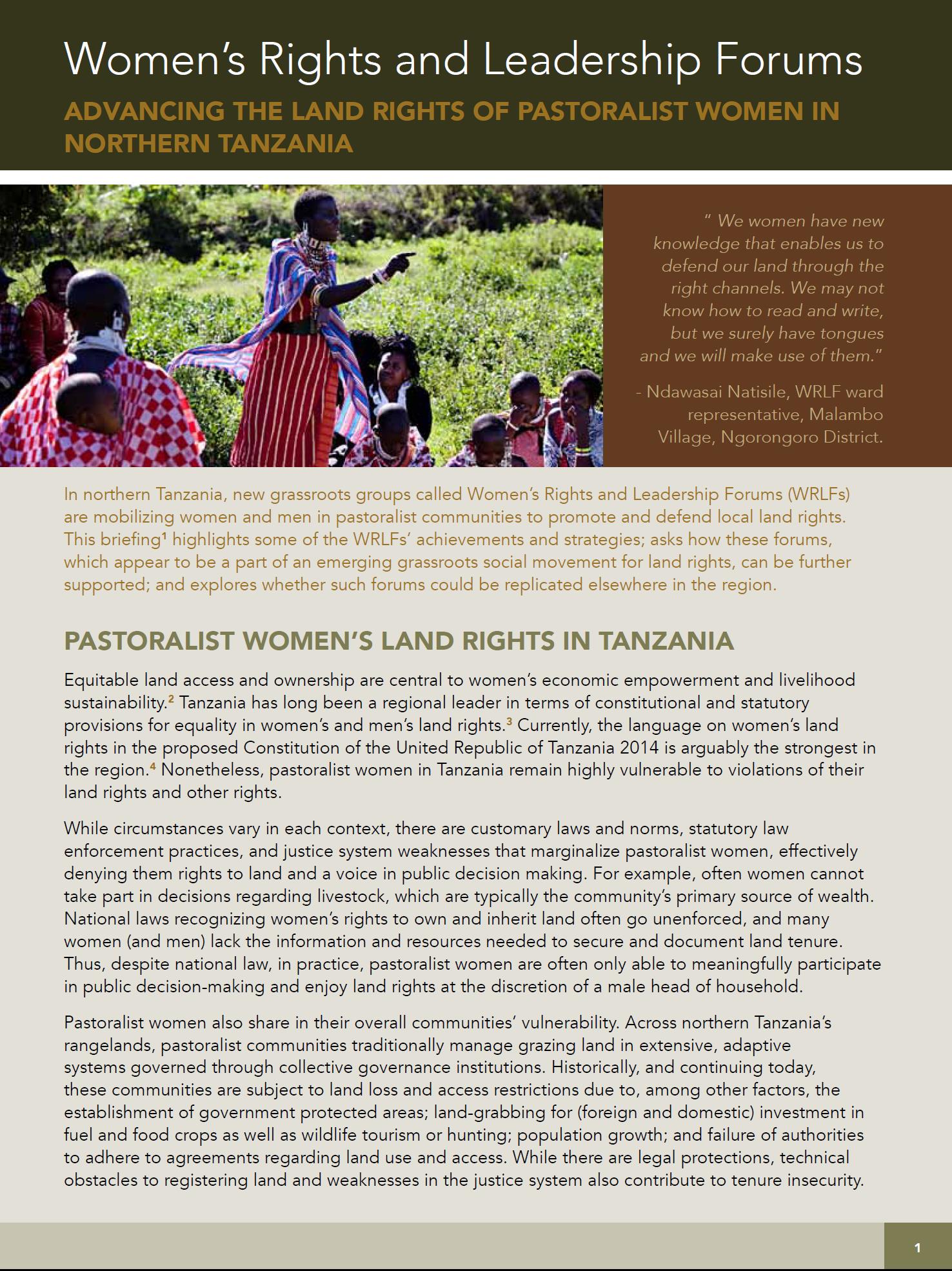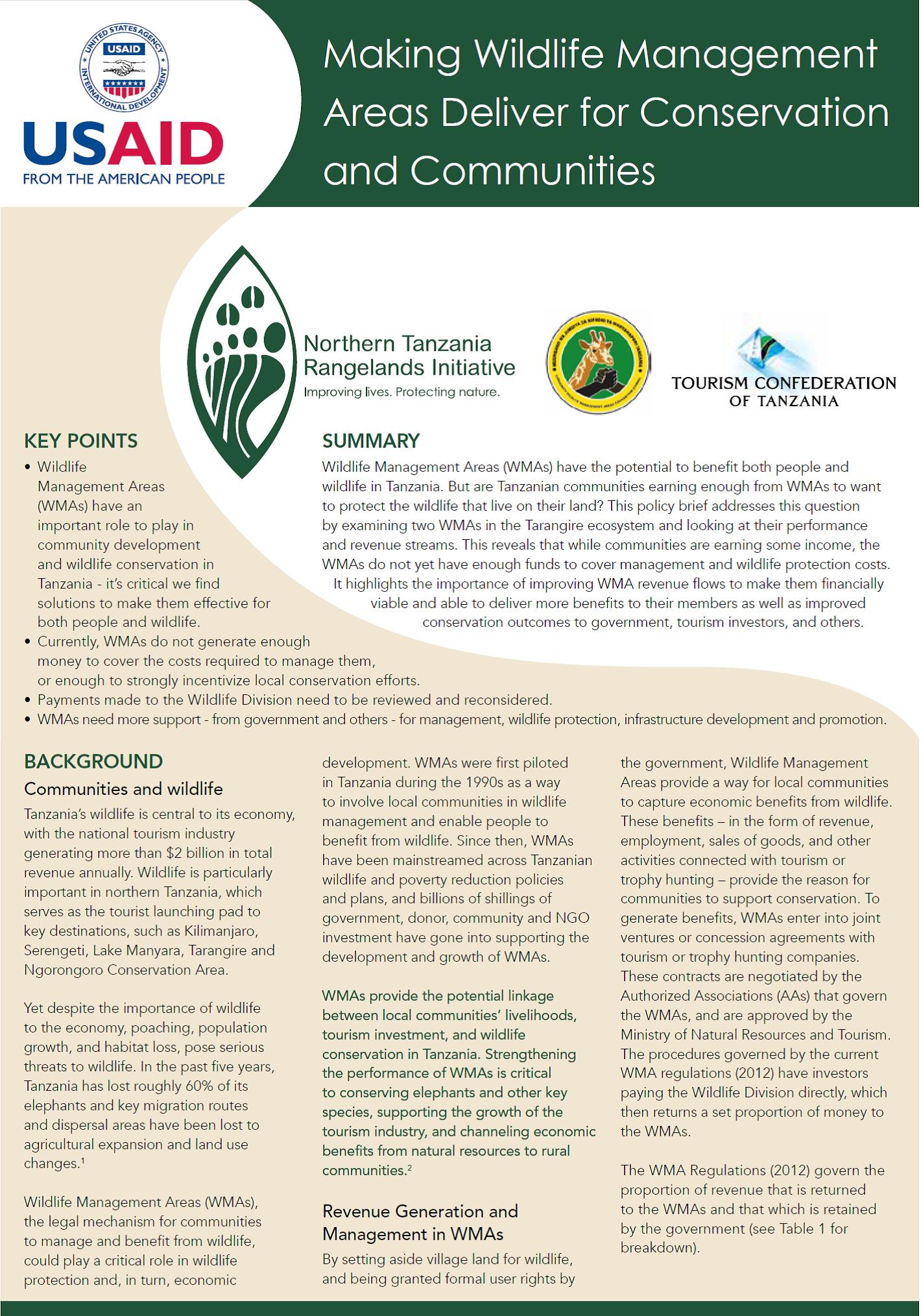Land Use Act 1978
An Act to vest all land comprised in the territory of each State (except land vested in the Federal Government or its agencies) solely in the Governor of the State, who would hold such land in trust for the people and would henceforth be responsible for allocation of land in all urban areas to individuals resident in the State and to organisations for residential, agricultural, commercial and other purposes while similar powers with respect to non-urban areas are conferred on Local Governments.




